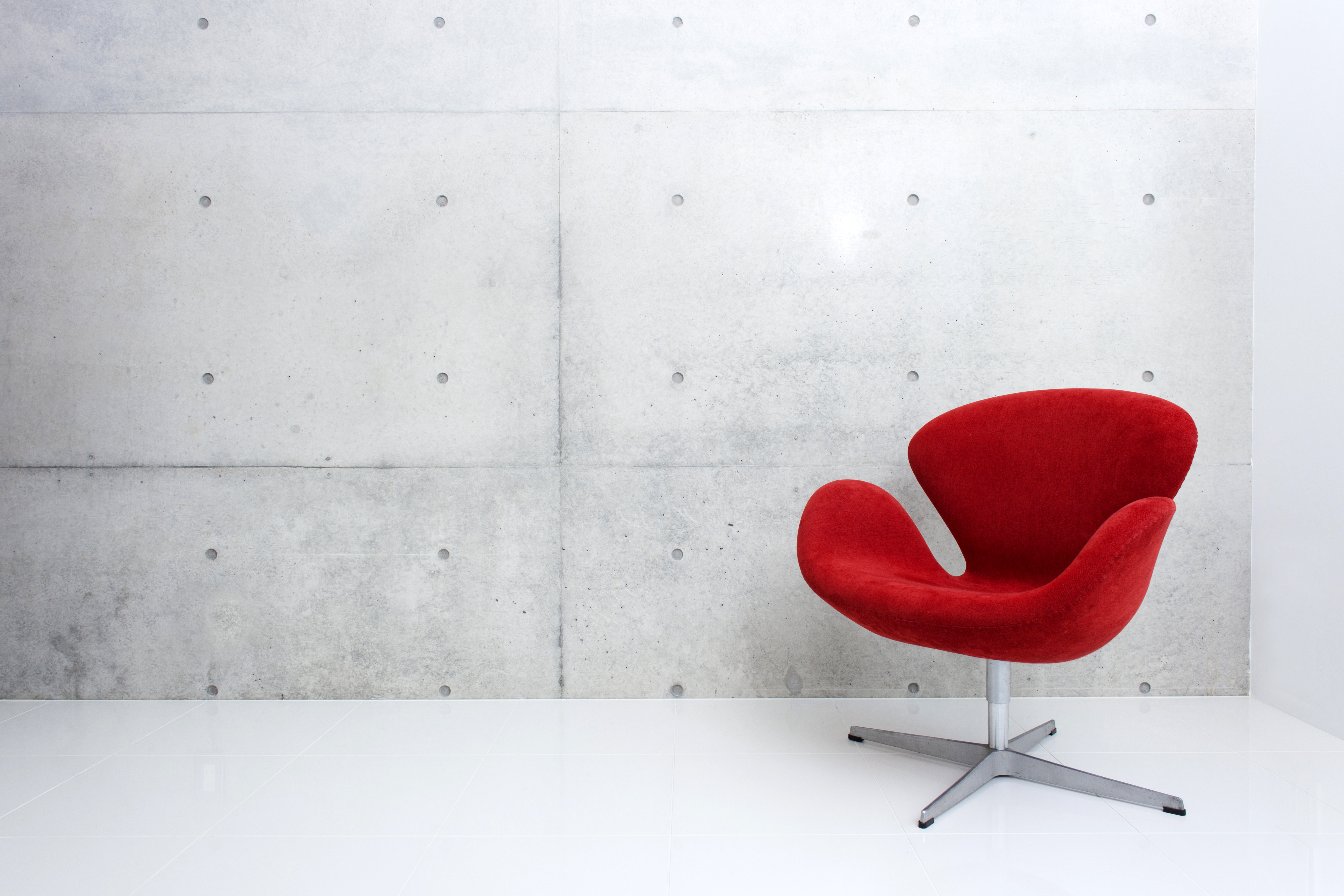Maintaining a Wall Around U.S. Intellectual Property: Federal Circuit says Disputes over U.S. Patents, Trademarks and Copyrights should be Decided by U.S. Courts
 The Federal Circuit rejected an attempt by accused infringers of U.S. intellectual property rights to have claims litigated in a foreign country in Halo Creative & Design Ltd. v. Comptoir Des Indes, Inc., No. 15-1375 (Fed. Cir. Mar. 14, 2016). The unanimous panel decision expressed a strong preference for U.S. courts over foreign courts to resolve disputes over U.S. IP infringement, particularly where the alleged infringing acts occurred in the United States.
The Federal Circuit rejected an attempt by accused infringers of U.S. intellectual property rights to have claims litigated in a foreign country in Halo Creative & Design Ltd. v. Comptoir Des Indes, Inc., No. 15-1375 (Fed. Cir. Mar. 14, 2016). The unanimous panel decision expressed a strong preference for U.S. courts over foreign courts to resolve disputes over U.S. IP infringement, particularly where the alleged infringing acts occurred in the United States.
Plaintiff Halo, a Hong Kong company, sued a Canadian company and a Canadian resident in federal district court for infringement of U.S. design patents, U.S. trademark rights, and U.S. copyrights, all related to Halo’s furniture designs. The district court dismissed the case on forum non conveniens grounds, finding the defendants’ home country of Canada a “superior forum” to resolve the dispute.
The lower court’s decision hinged primarily on the fact that the U.S., Canada, and Hong Kong are all members of the Berne Convention. The Federal Circuit found this reasoning lacking because the relevant provisions of the Berne Convention merely provided “national treatment” for works of foreign authors, e.g., Canada should treat Canadian and foreign authors identically for purposes of Canadian copyrights.
The Federal Circuit applied the general forum non conveniens test from Piper Aircraft Co. v. Reyno, 454 U.S. 235, 254 (1981), involving a determination as to whether there exists an alternative forum that is (i) available and (ii) adequate (i.e., “permits litigation of the subject matter of the dispute”). Under this framework, the Federal Circuit specified that the following evidence must be shown when considering dismissing a U.S. intellectual property infringement matter on forum non conveniens grounds:
- an infringing act occurred in the foreign jurisdiction;
- the foreign jurisdiction would apply U.S. law; and
- the foreign jurisdiction would provide a remedy for the infringement of the U.S. IP rights.
Intellectual property rights are territorial in nature, which generally afford no protection outside the country’s boarders. As foreign determinations of U.S. IP infringement are not likely to be enforceable domestically, U.S. IP infringement cases are unlikely to be “shipped overseas” on the Federal Circuit’s watch.

